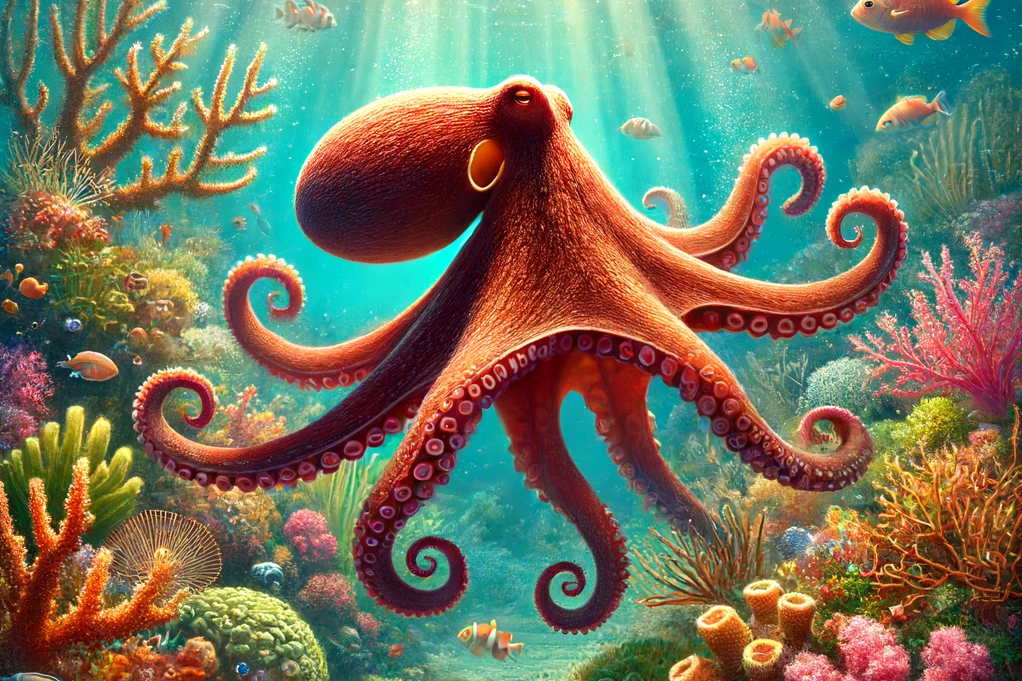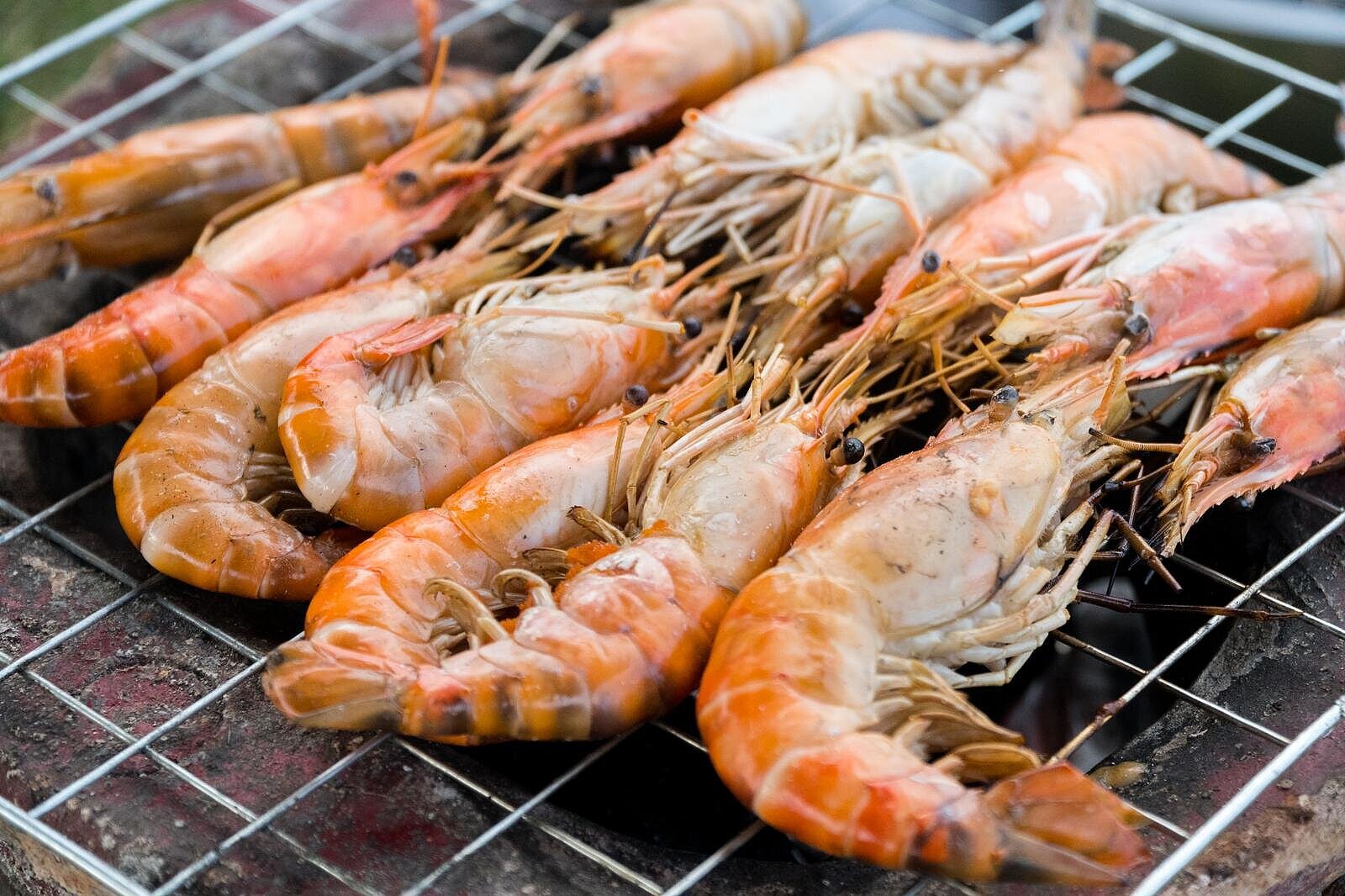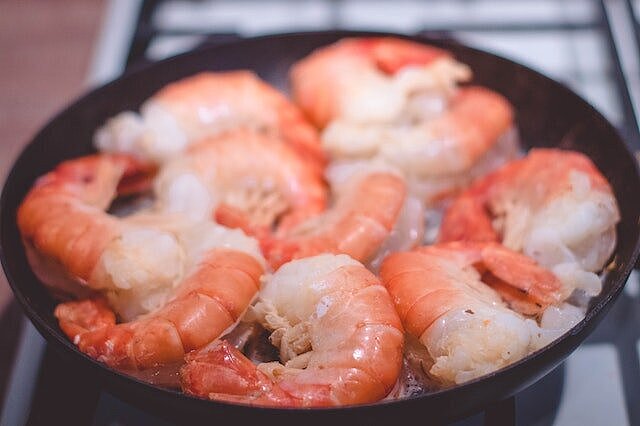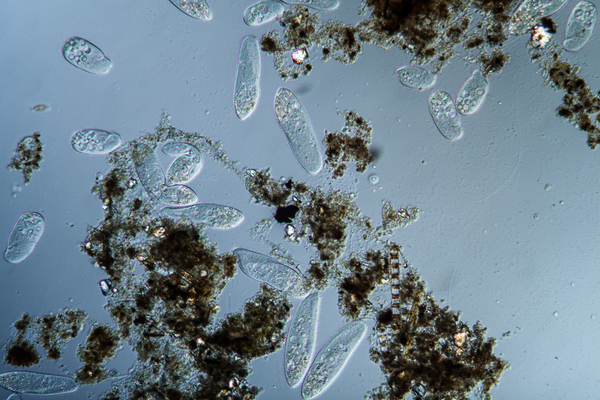Krill meal
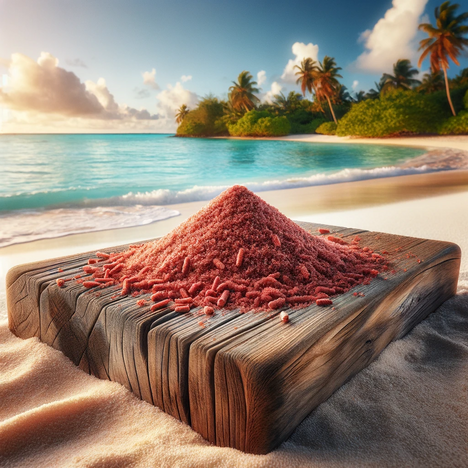
In the constant quest to do the best for our four-legged friends, dog owners often come across a variety of ingredients touted as superfoods. One such ingredient that has recently gained popularity is krill meal. This powder, extracted from small crustaceans, is added to dogs' food as a dietary supplement. But what exactly is krill meal, and what advantages and disadvantages does it have for your dog? In this article, you'll find out everything you need to know about this controversial ingredient.
What is krill meal?
Krill meal is made from Antarctic krill, a small crustacean that lives in the cold waters of the Antarctic. This krill is caught, dried and ground into a fine powder that is rich in omega-3 fatty acids, antioxidants and other nutrients. Due to its high nutritional profile, krill meal has gained importance not only in aquaculture and human nutrition, but also in dog nutrition.
Benefits of krill meal for dogs
Rich in omega-3 fatty acids
Krill meal is particularly known for its high content of omega-3 fatty acids, especially EPA (eicosapentaenoic acid) and DHA (docosahexaenoic acid). These fatty acids are essential for your dog's health as they have an anti-inflammatory effect and can contribute to the health of the skin, coat, joints and brain.
Supporting heart health
The omega-3 fatty acids found in krill meal can also help support heart health by helping to regulate cholesterol levels and reduce the risk of heart disease.
Improved absorption
Another advantage of krill meal over other sources of omega-3 is that the fatty acids are in a phospholipid form that is more easily absorbed by the body. This means that your dog can reap more of the health benefits, even at lower doses.
Disadvantages and potential risks
Environmental impact
Extracting krill from the oceans raises concerns about sustainability and the impact on the marine ecosystem. Krill is an important part of the Antarctic food chain and its overfishing could have a negative impact on populations of whales, penguins and other marine life.
Allergic reactions
Some dogs may be allergic to krill or seafood in general. Symptoms of allergy may include skin rash, itching, indigestion and other intolerance reactions.
Heavy metal contamination
As with all marine products, krill meal is at risk of contamination with heavy metals such as mercury. It is important to purchase krill meal from trustworthy sources that test their products for contaminants.
A valuable supplement with a caveat
Krill meal can be a valuable addition to your dog's diet, particularly due to its high omega-3 fatty acid content and improved absorption rate. However, you should not ignore the potential environmental impact and risk of allergies or heavy metal contamination. As with any dietary supplement, the same applies here: Your dog's health comes first.
If you notice any signs of hypersensitivity or poisoning in your dog, you should see your vet immediately. We are not a substitute for a vet, but we try to be as accurate as possible. Every dog reacts differently and we recommend you get a second opinion or consult your vet if in doubt.
Stay healthy and take good care of your four-legged friend!😊
Similar to Krill meal
Cuttlefish belong to the class of cephalopods, a group of marine animals that also includes octopuses and cuttlefish. They are known for their unique body structure, including their large head...
Prawns are rich in protein, which is important for your dog's muscle development and health. They also contain many vitamins and minerals such as vitamin B12, zinc, selenium and iodine, which...
Shrimps are crustaceans that belong to the crustacean family. They have a chitinous exoskeleton, antennae and ten legs. There are around 20,000 different types of shrimp, most of which live in salt...
What is marine zooplankton? Marine zooplankton is the collective term for all small animals that float or swim in seawater. These include, for example, crustaceans, worms, jellyfish, snails and many...
